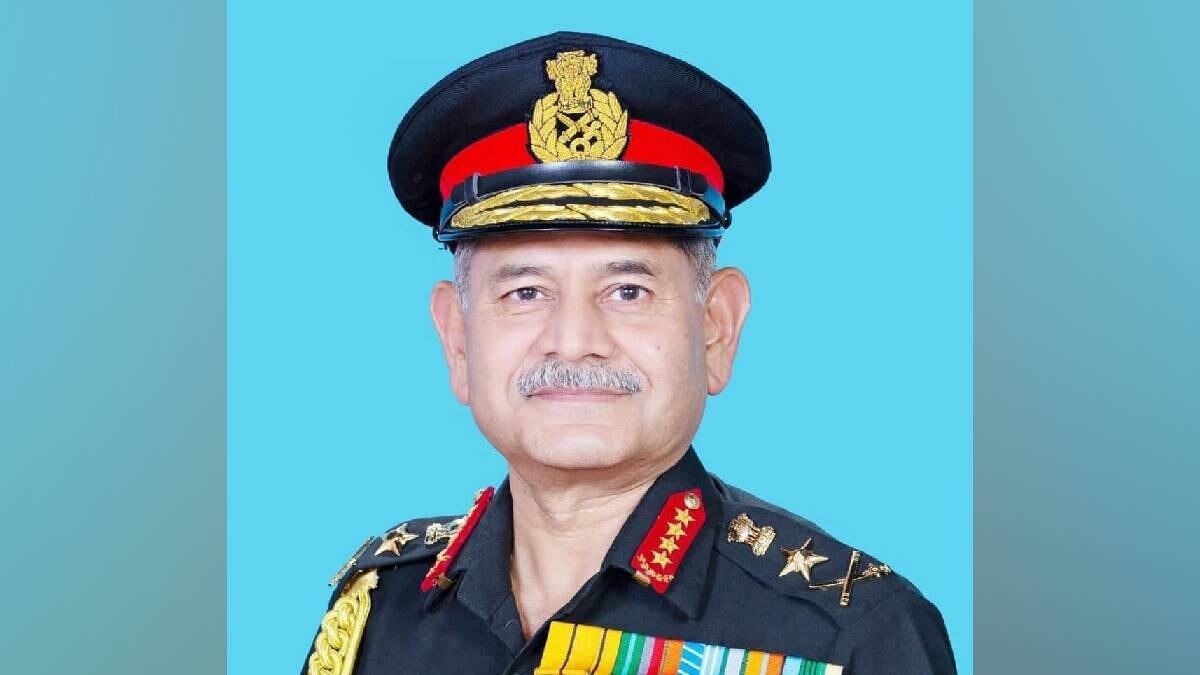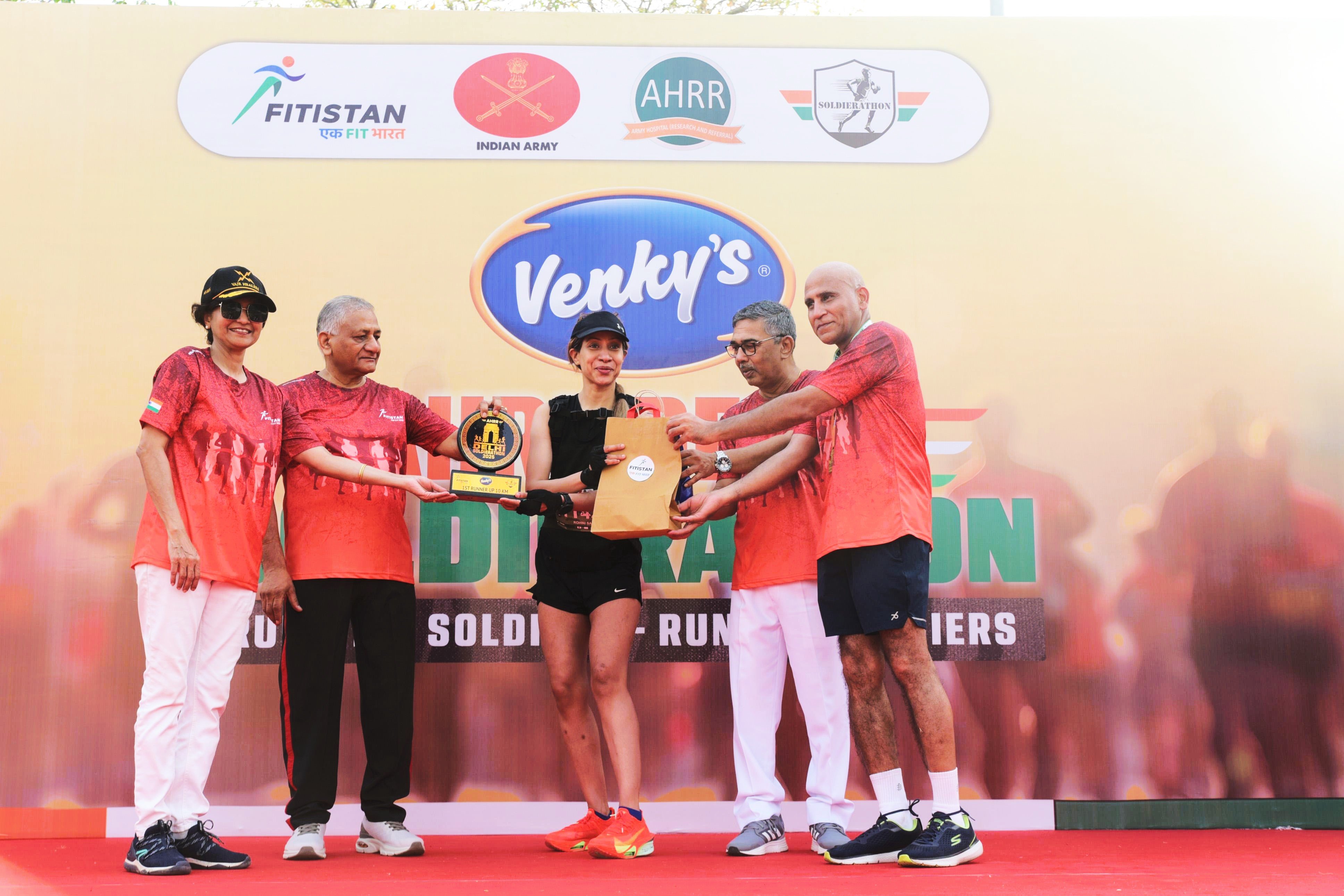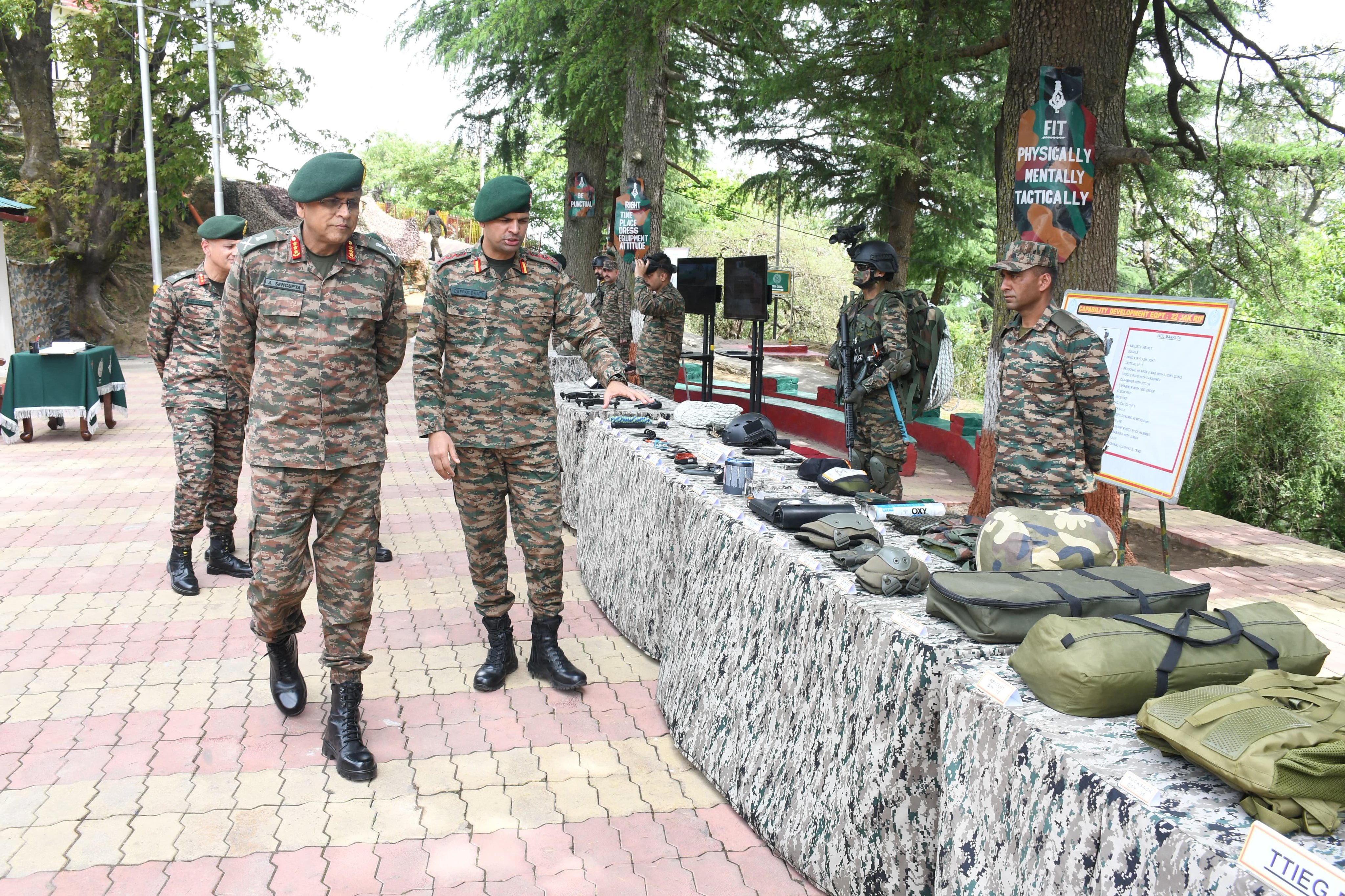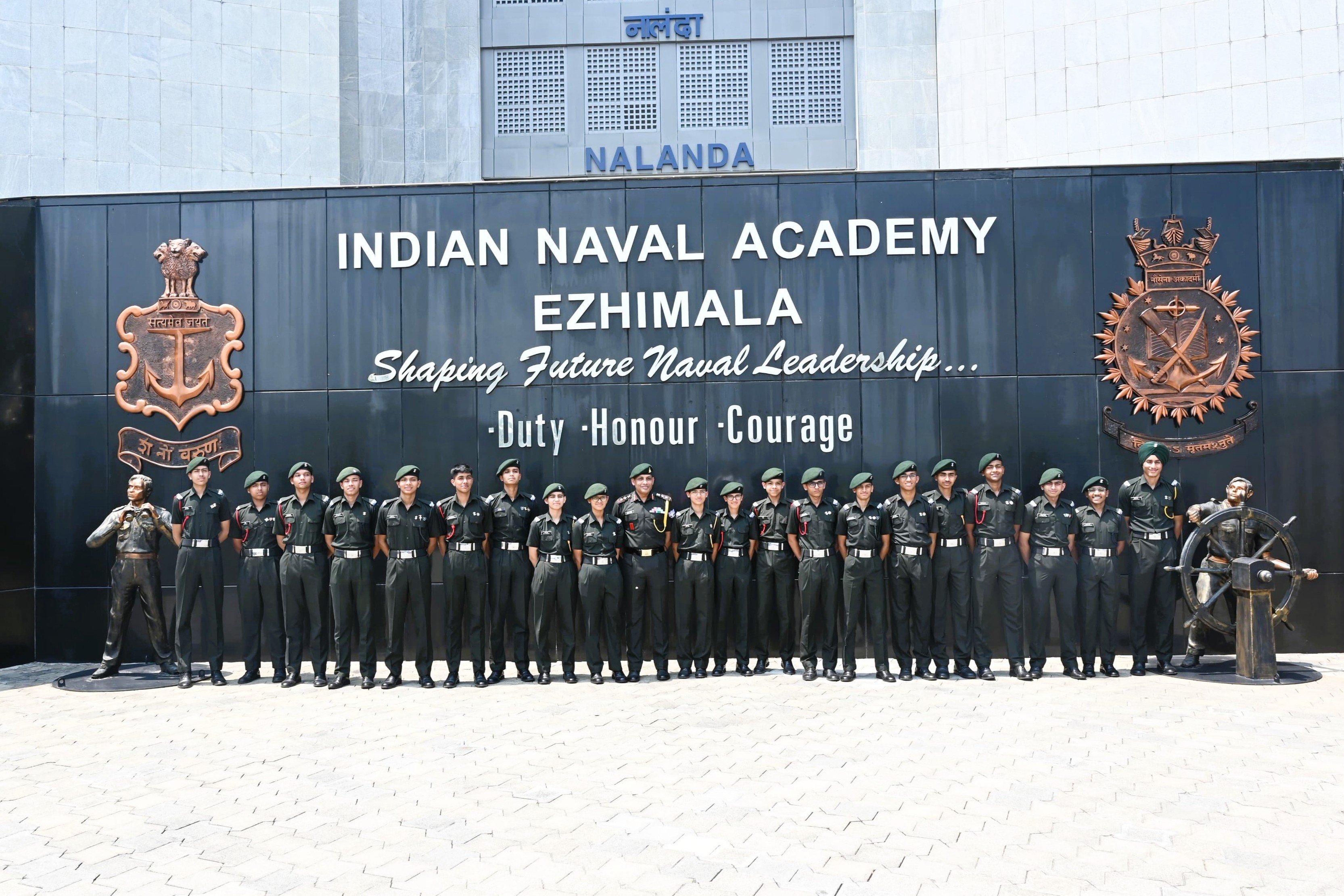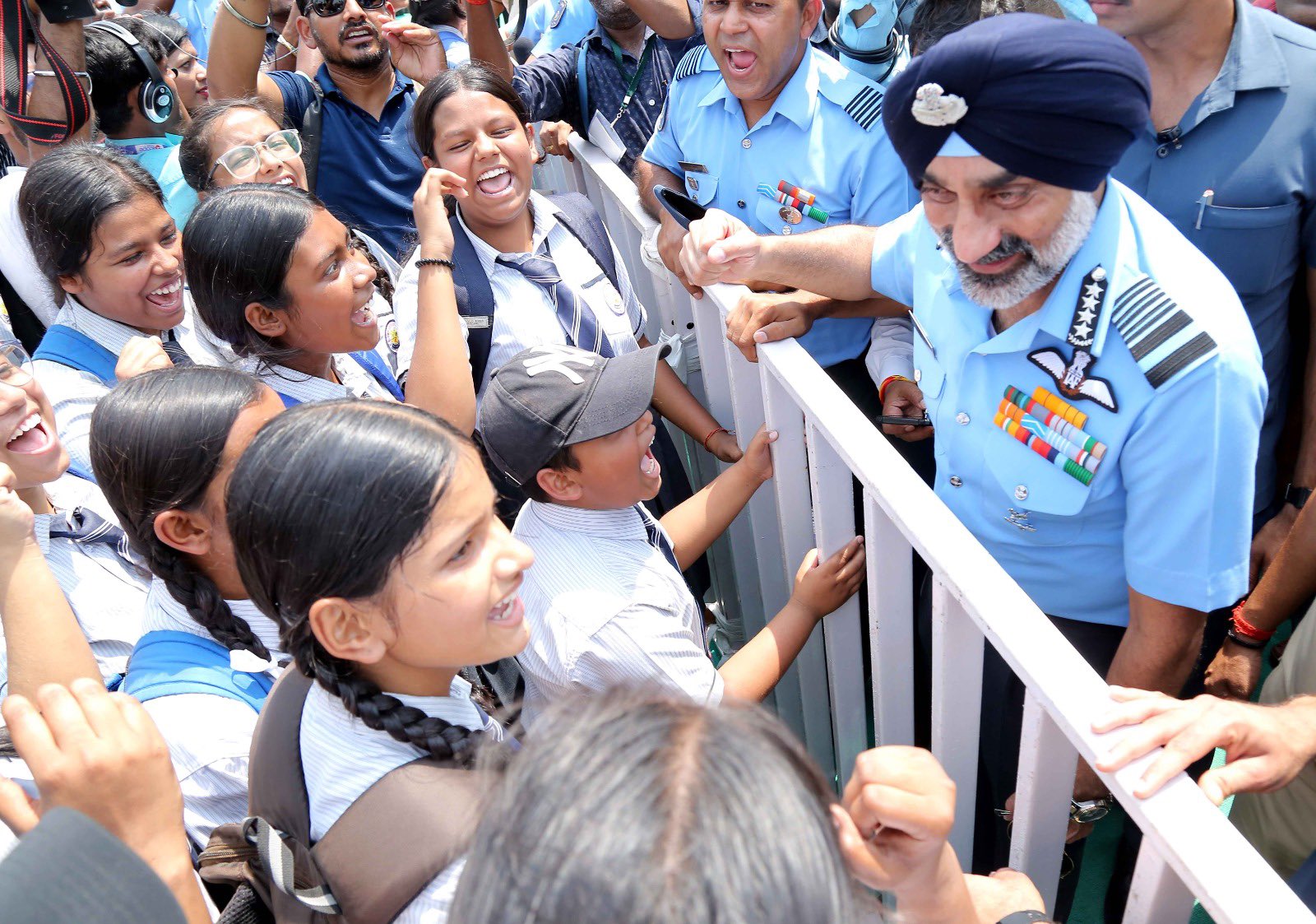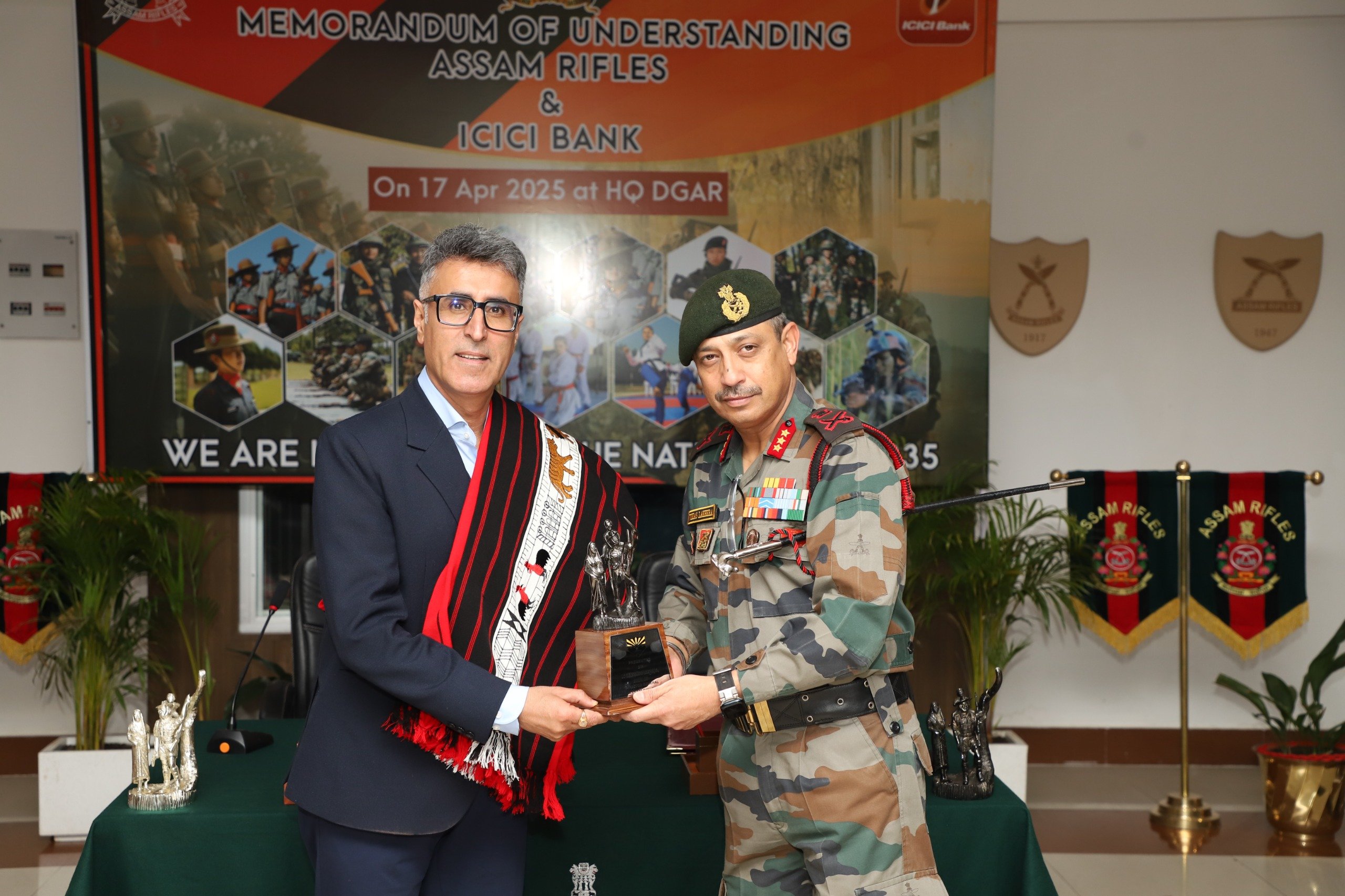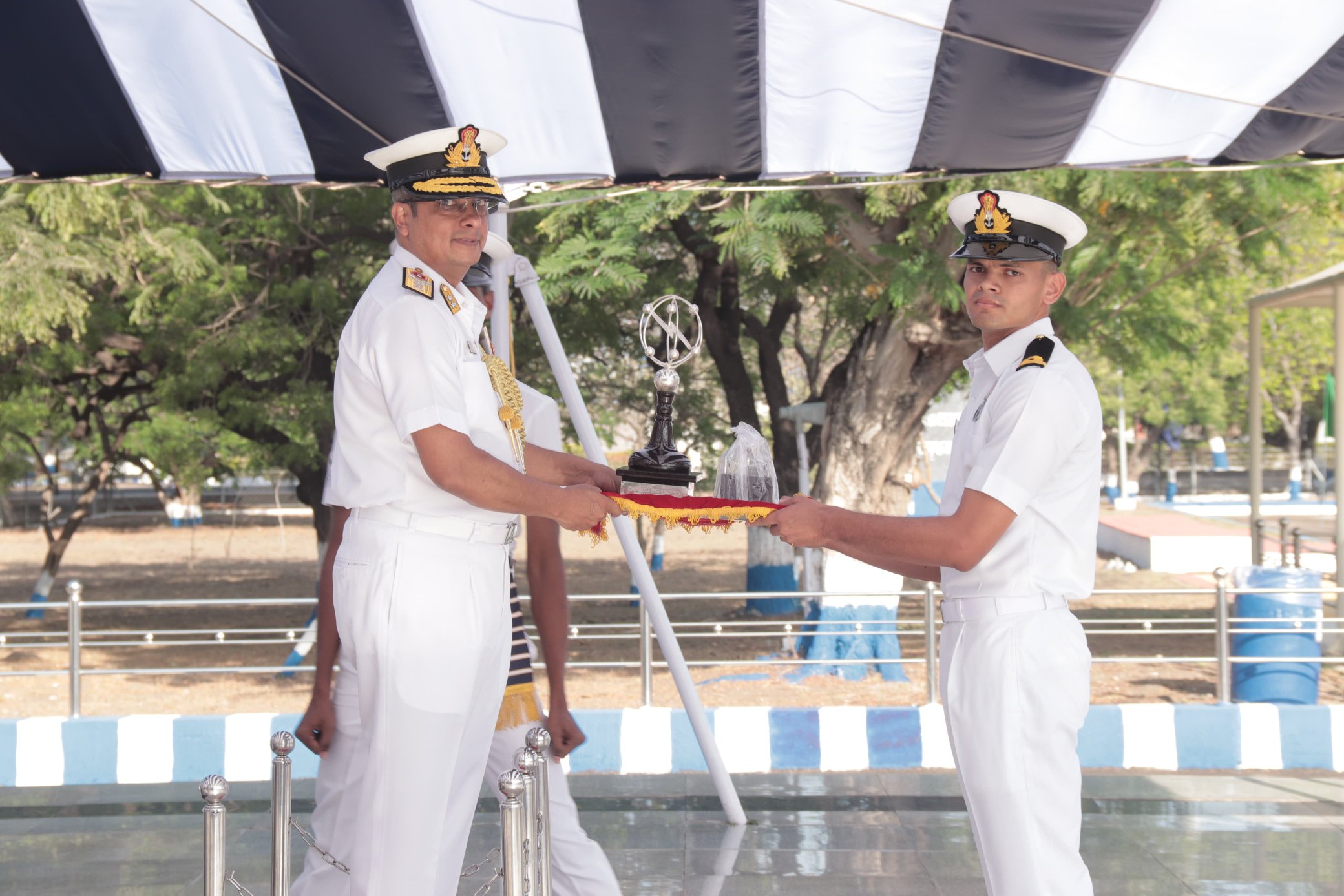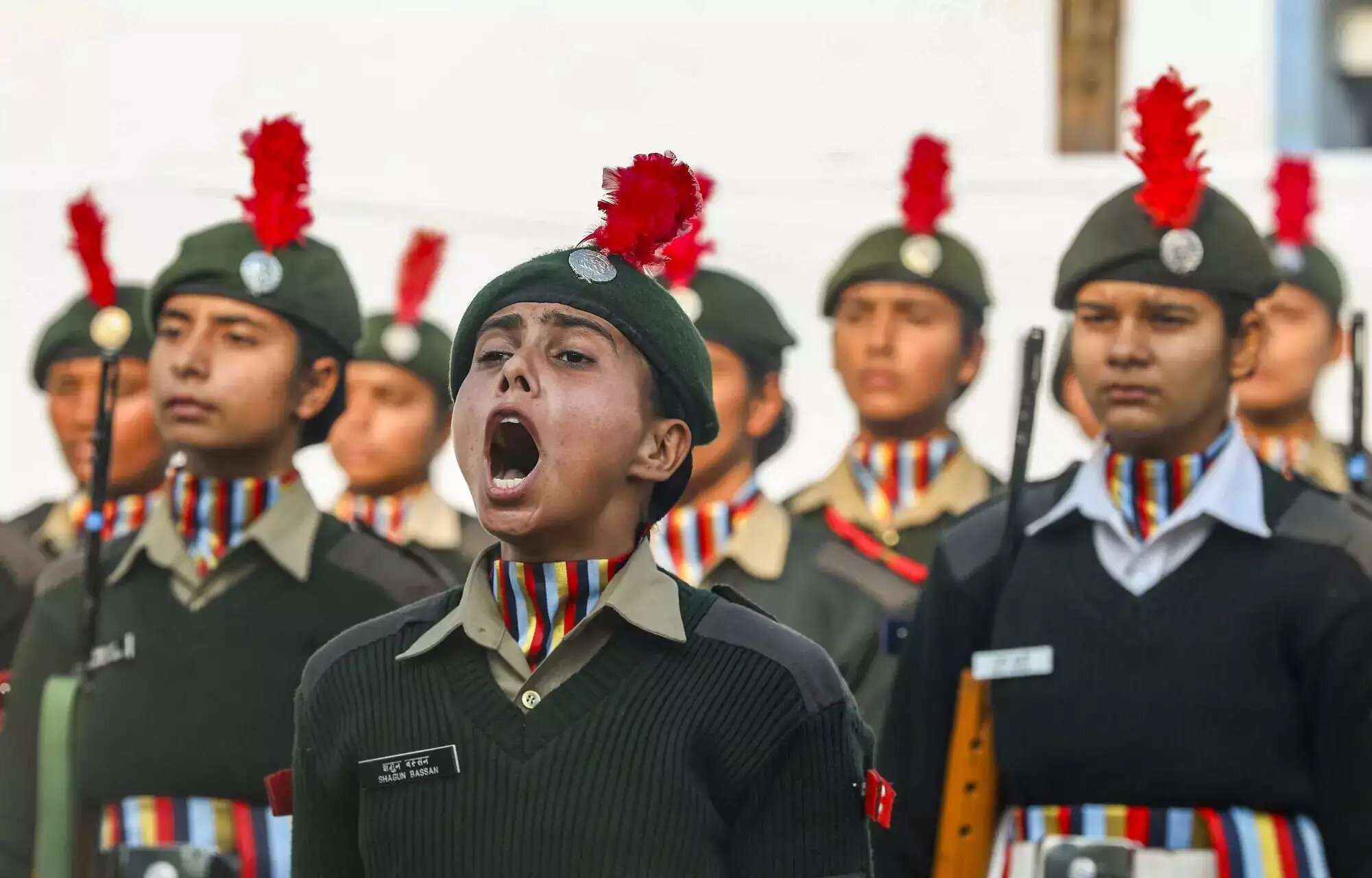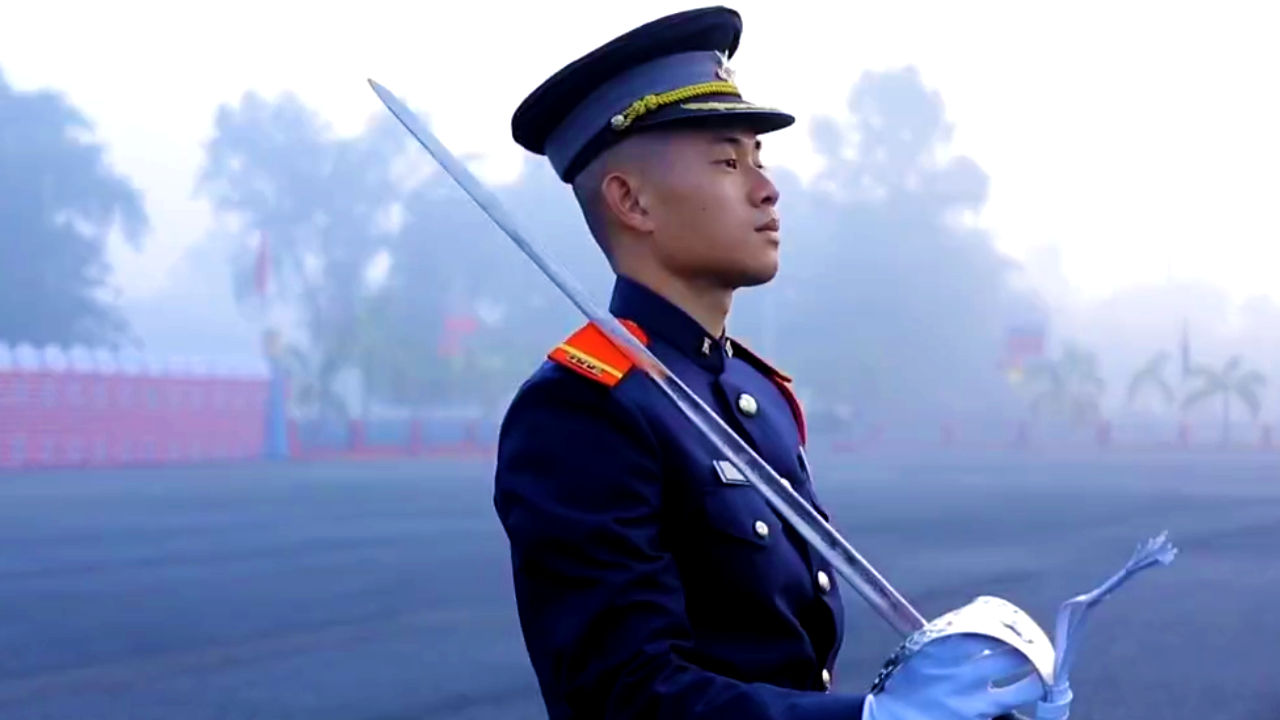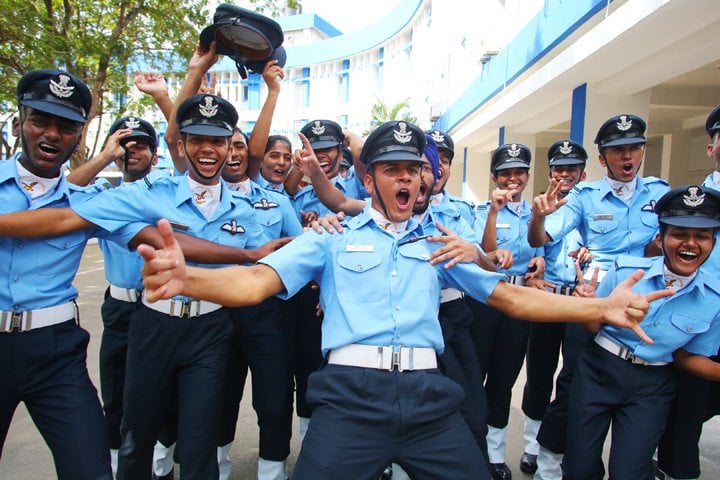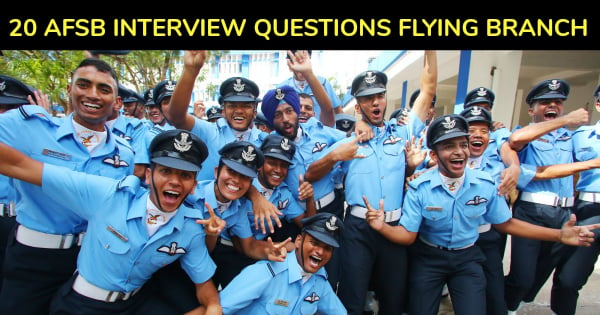Army Chief General Upendra Dwivedi is set to embark on a significant four-day official visit to Nepal starting November 20. This trip aims to enhance the robust defense ties between India and Nepal, a relationship that has been marked by historical camaraderie and shared military heritage.
A key focus of General Dwivedi’s visit will be to address the ongoing recruitment issue surrounding Nepali Gorkhas in the Indian Army. Since the introduction of the Agnipath scheme in 2022, Nepal has halted the sending of its citizens to join the Indian forces. This decision has resulted in a notable shortfall of over 12,000 Nepali Gorkhas, particularly in the traditional Gorkha regiments, which are vital components of the Indian Army. From India’s side, efforts have been made to incentivize Nepal to send its Gorkha aspirants to join under the Agniveers program, which allows recruits to serve on a contractual basis for four years, with only a quarter allowed to transition to permanent roles.
The situation around Gorkha recruitment holds historical significance, as Gorkha soldiers have been integral to the Indian Army’s legacy since its inception, having previously served in the British Army. According to Major General Ashok Kumar (retired) from the Centre For Joint Warfare Studies, these soldiers have displayed extraordinary valor and sacrifice in numerous conflicts and counterterrorism operations.
General Dwivedi’s visit is viewed as an opportunity to break the deadlock on this recruitment issue. His leadership may help to find a solution beneficial for both nations, particularly as India seeks to absorb non-retained Agniveers into civilian roles, potentially encouraging the Nepali government to reconsider its stance.
The defense relationship between India and Nepal is further solidified by various joint training exercises and defense modernization initiatives. This year alone, over 300 Nepali Army personnel received crucial training in India across multiple disciplines including counterinsurgency and peacekeeping.
One notable aspect of this military collaboration is the annual Surya Kiran joint military exercise, focusing on counterterrorism, disaster relief, and humanitarian assistance. The upcoming 18th edition of this exercise is set to take place in Nepal, aiming to enhance operational synergy between the two armed forces.
The bilateral defense cooperation has also seen India provide military equipment to Nepal, further solidifying this relationship. The ongoing dialogue through the Nepal-India Bilateral Consultative Group on Security Issues (NIBCGSI) has resulted in significant strides in fulfilling Nepal’s defense needs.
Another important facet of General Dwivedi’s visit will be the mutual honor extended to both countries’ military leaders, particularly the tradition of conferring honorary ranks of General, which symbolizes the deep-rooted respect and shared military legacy between India and Nepal.
Beyond military discussions, General Dwivedi is expected to connect with the large community of Indian ex-servicemen residing in Nepal, many of whom are engaged in improving education, healthcare, and rural development in the country.
As part of the visit, General Dwivedi is also likely to pay homage at the revered Muktinath Temple, a site of spiritual significance. This visit is particularly poignant given the late General Bipin Rawat’s expressed wish to visit the temple, leading to the installation of the ‘Bipin Bell’ in his memory last year.
Overall, General Dwivedi’s upcoming trip to Nepal represents a pivotal opportunity to strengthen bilateral defense ties, tackle sensitive recruitment issues, and reinforce the enduring relationship between the two nations.

